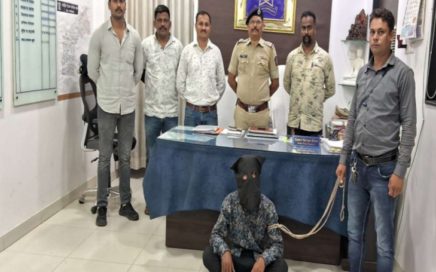
Nagpur: Merely expressing love does not land you in the dock for sexual harassment — unless it’s backed by conduct clearly showing sexual intent. The Nagpur Bench of the Bombay High Court made this significant observation on Tuesday while acquitting a 25-year-old man from Katol in Nagpur district, nearly eight years after he was convicted under the stringent POCSO Act.
Justice Urmila Joshi-Phalke, while overturning the 2017 verdict, ruled that casually saying “I love you” — without more — does not amount to sexual harassment under the law. “If somebody expresses that he is in love with another person or reveals his feelings, that alone is not enough to establish sexual intent,” the judge observed.
The case dated back to October 2015, when a 17-year-old girl, a Class 11 student, accused the man of stopping her and her cousin, grabbing her hand, and professing his love. Based on her complaint, the police booked him under Sections 354A (sexual harassment) and 354D (stalking) of the Indian Penal Code, along with Section 8 of the POCSO Act, which deals with sexual assault on minors.
Two years later, a sessions court sentenced him to three years of rigorous imprisonment. However, his lawyer, Sonali Khobragade, argued before the High Court that the alleged conduct did not meet the legal bar for sexual assault or stalking, as there was no evidence of repeated advances or physical actions with clear sexual overtones.
Justice Joshi-Phalke concurred, noting that there must be “something more” — conduct or circumstances — that suggest a “sexual angle” before such statements can be criminalized. “The words ‘I love you’ by themselves do not constitute sexual intent as defined by the legislature,” she stated.
The court concluded that there was no allegation of the accused touching the girl with sexual intent, and therefore, the charges under the POCSO Act did not hold. The man, who had been out on bail, now walks free after what his lawyer described as an “eight-year ordeal for an immature expression of affection.”














